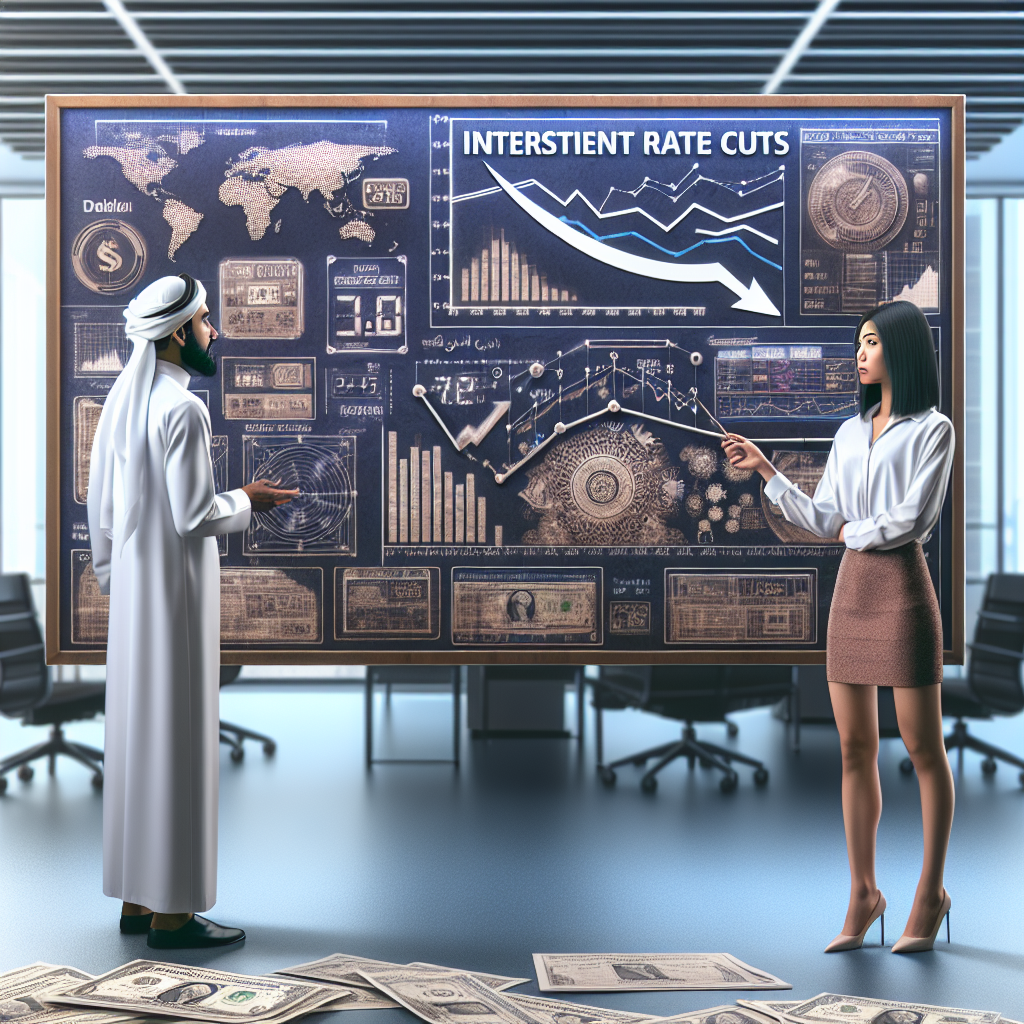Russia's Economic Tightrope: High Interest Rates vs. Inflation
Russia's central bank maintains a benchmark interest rate of 21% to combat inflation fueled by military spending. High rates have been criticized for stalling economic activity. Despite labor shortages and rising consumer prices, President Putin claims the economy is stable. Military spending is supported by oil exports to India and China.

- Country:
- Russia
Russia's central bank has decided to hold the benchmark interest rate at 21% as part of its strategy to curb inflation driven by government spending on the Ukraine conflict.
This decision faced criticism from prominent business leaders who argue that high rates hinder business activities and economic growth.
With a labor shortage pushing wages higher and military manufacturing operating at full steam, consumer prices are rising sharply. Adding to inflation woes, the weakened ruble increases the costs of imports from China, now Russia's major trading partner due to Western sanctions. However, maintaining high interest rates can also restrict access to affordable credit for businesses. Despite critiques of central bank policies and Governor Elvira Nabiullina, President Vladimir Putin maintains a positive economic outlook, citing a predicted 4% growth. He also notes that Russia's economy benefits from robust oil exports to countries like India and China, who do not enforce the Western-imposed sanctions.
(With inputs from agencies.)
ALSO READ
Central Banks Boost Gold Reserves with Record Purchases in October
Global Markets Brace for Central Bank Decisions Amid Geopolitical Tensions
Global Markets React to Central Bank Decisions Amid Geopolitical Tensions
Currency Currencies: Dollar Dynamics and Central Bank Watch
Central Banks Brace for Easing Ahead of Key Meetings










